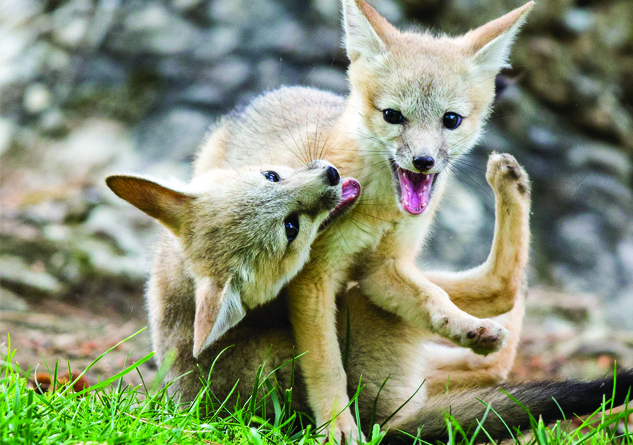Suzanne Potter /California News Service
SACRAMENTO, CA- Several environmental groups are suing the California Department of Fish and Wildlife over a permit the agency issued to the Panoche Valley Solar Project in central California, about 60 miles east of Monterey.
The plaintiffs in the suit, which include the advocacy groups Defenders of Wildlife, the Sierra Club and the Santa Clara County Audubon Society, argue the commercial solar installation threatens several highly endangered species, including the San Joaquin kit fox, the blunt-nosed leopard lizard and the giant kangaroo rat, whose population has declined 95 percent in recent years.
Kim Delfino is the California program director with Defenders of Wildlife.
“With these species this is literally the last place that they have left in the state of California,” she says. “Actually in the world, because they don’t exist anywhere else. So we’re very concerned that if this project moves forward these species will become extinct in the end.”
The tiny Panoche Valley is one of three federal recovery areas for Central Valley wildlife, and this solar project would cover half of the valley floor.
The project still needs a Clean Water Act permit from the U.S. Army Corps of Engineers and a federal Endangered Species Act permit from the U.S. Fish and Wildlife Service, which will be issuing the final biological opinion.
Sarah Friedman, senior campaign representative for the Sierra Club, says the group may seek additional legal action to stop construction before it begins.
“We just need to do whatever it takes to protect these species,” says Friedman. “The remaining habitat they have has been developed for energy, for oil and gas, for solar, for housing. They have nowhere left to go and if we don’t save this habitat they could really be pushed to the edge.”
The project is co-owned by Renewable Energy Trust Capital and ConEd Development, a subsidiary of the New York-based utility.
The companies say the project will contain 1.1 million solar panels and will contribute clean energy to the grid.
The environmental groups say they support solar, but would like to see it moved to a less-sensitive location.





